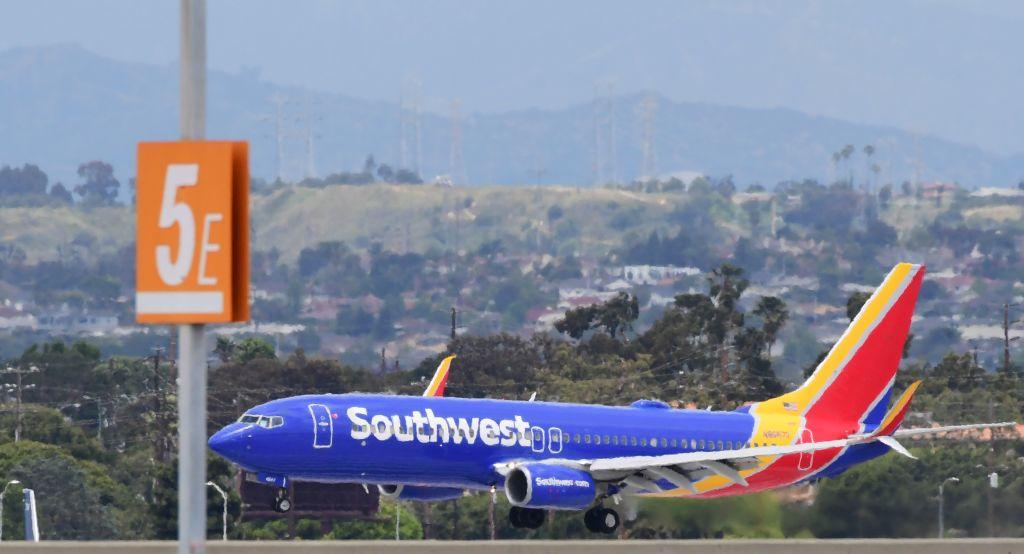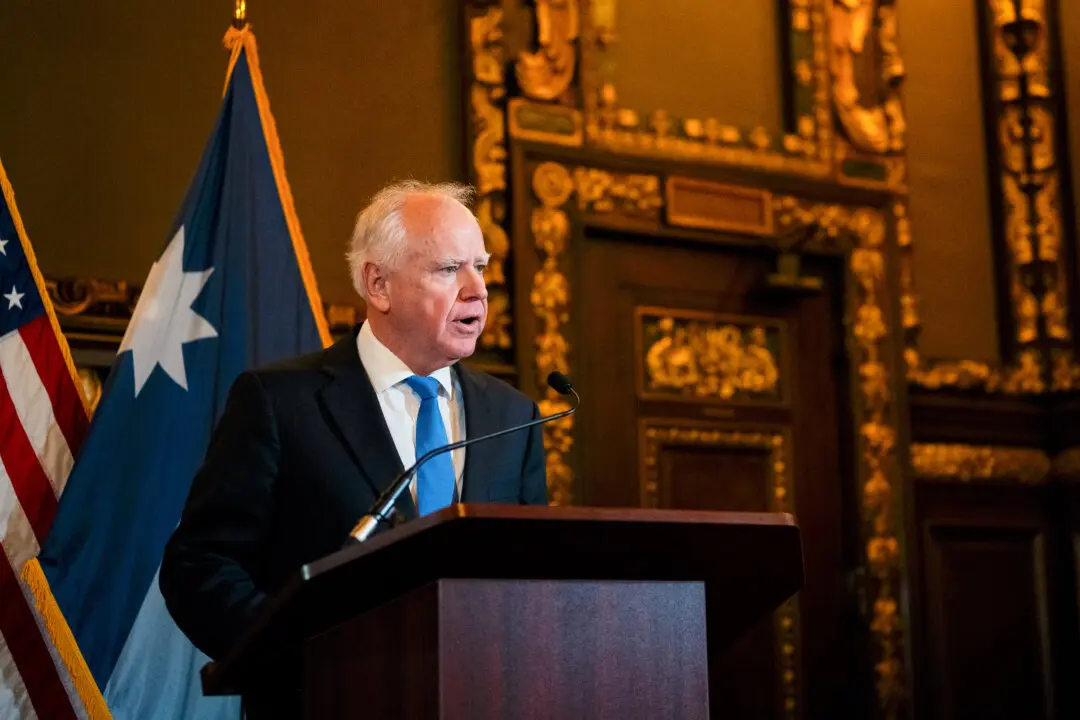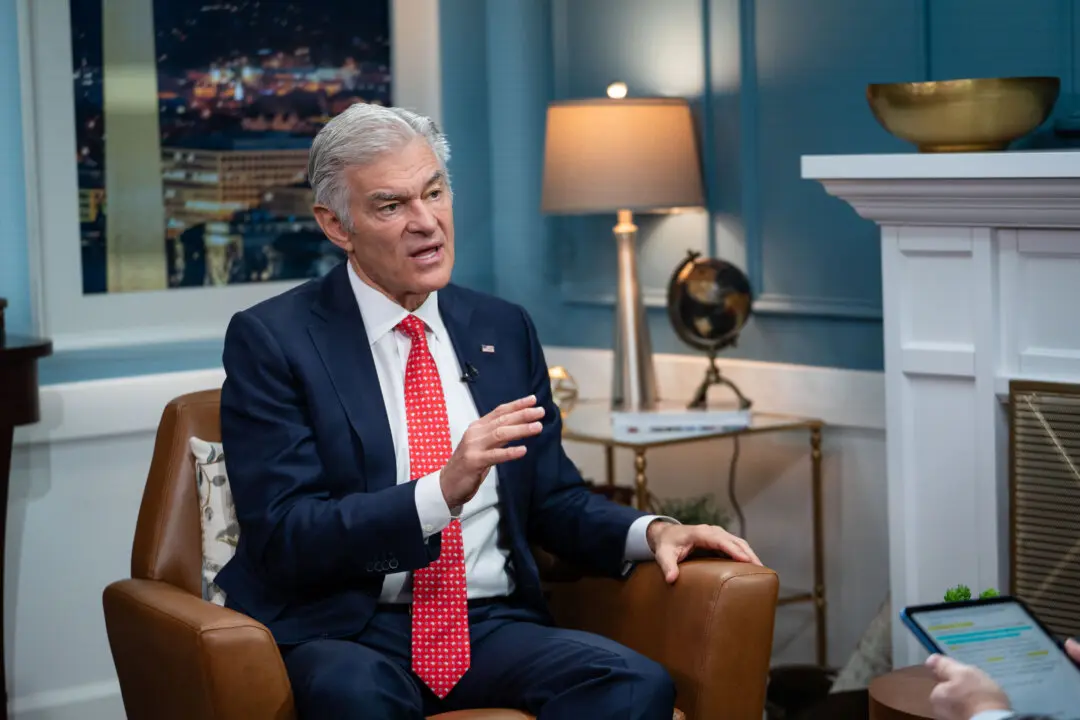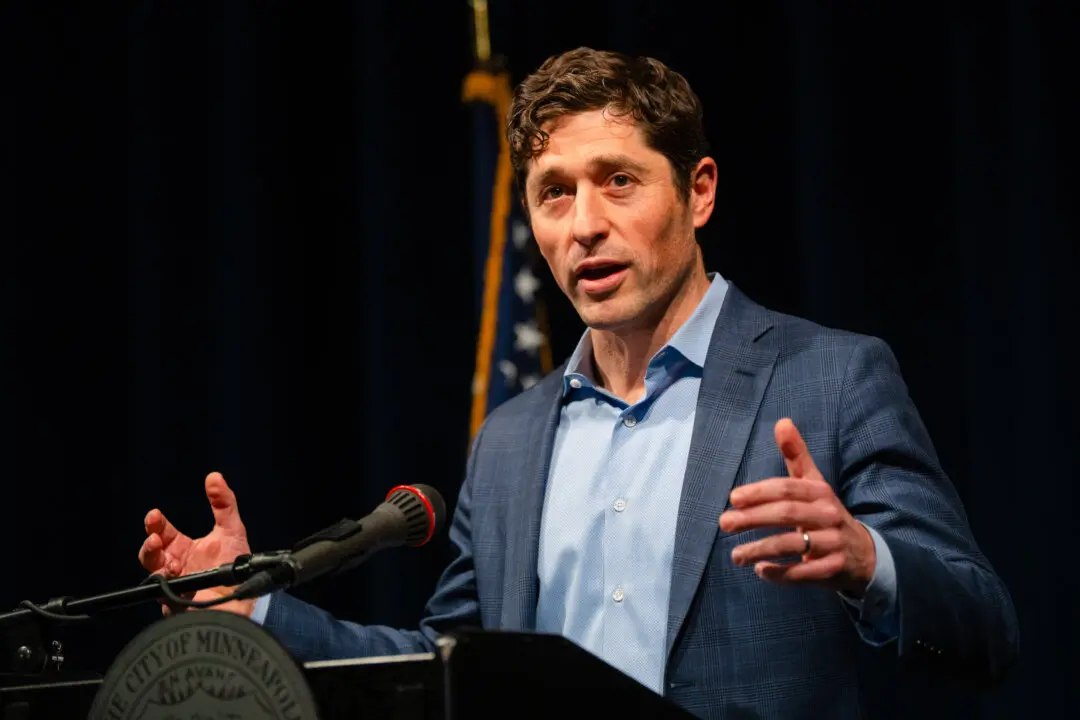In the wake of the embarrassing, costly Southwest Airlines operational meltdown, its pilots are moving closer to a strike-authorization vote.
Union president Casey Murray said the Southwest Airlines Pilots Association (SWAPA) has been fighting for three years to get a contract that would lock in safeguards to keep the airline’s operations on an even keel and prevent pilot fatigue.





